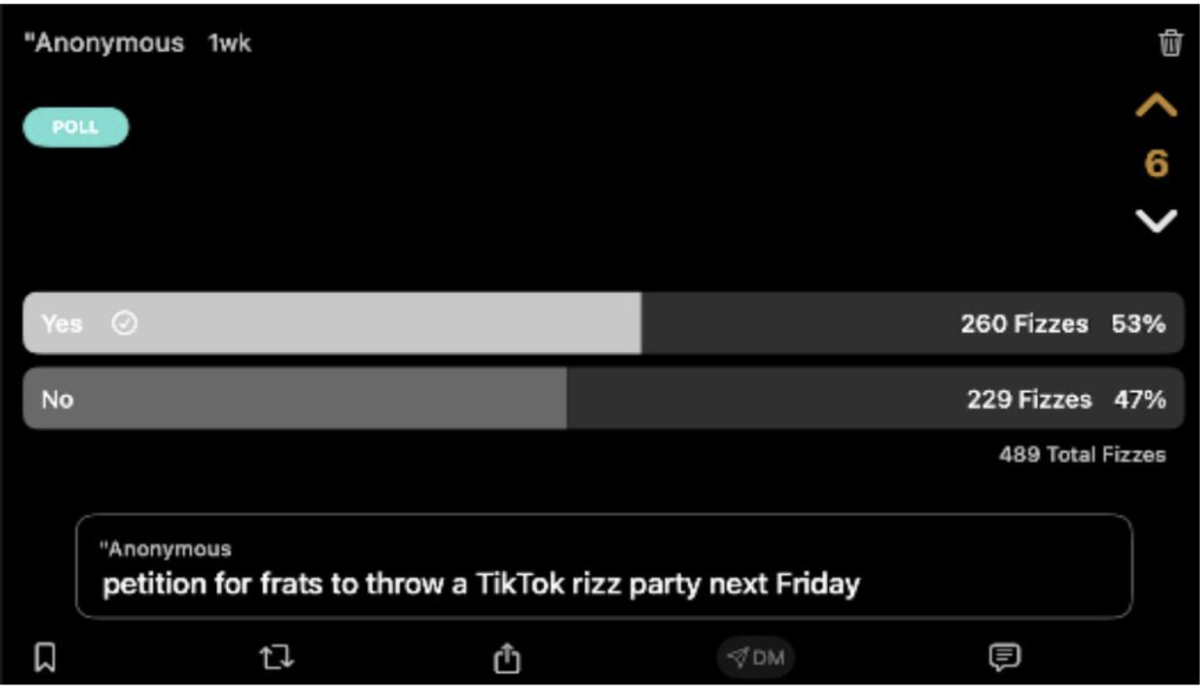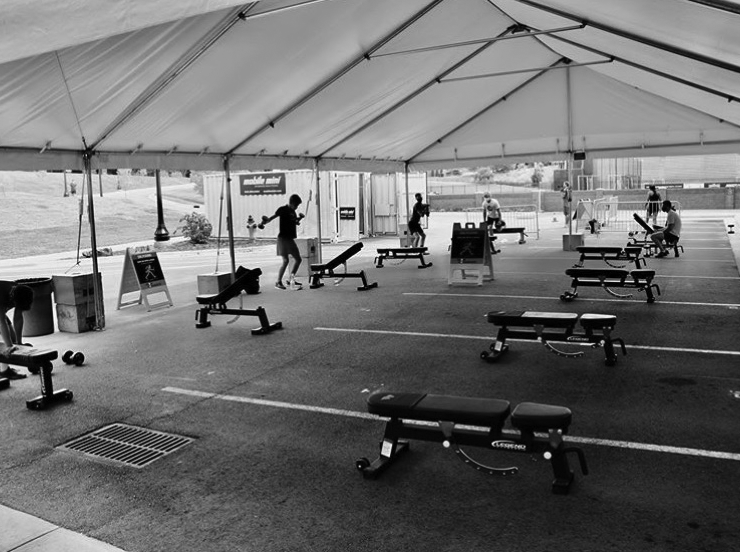Weight loss resolutions are an inevitable part of the New Year. Although often well-meaning, these resolutions are usually unsuccessful, as 95 percent of diets ultimately fail. In addition, weight loss methods can have dangerous consequences.
According to the National Eating Disorders Association, 35 percent of people who attempt a diet become pathological dieters, and 20-25 percent of pathological dieters develop an eating disorder. Eating disorders are the deadliest mental illnesses and can have profoundly devastating and even fatal effects on a person’s physical and mental wellbeing.
I know that I have fallen prey to the all-too-common message that weight loss must be obtained at any cost. For as long as I can remember, my New Year’s resolution has been to lose weight. This year, as I am trying to regain a healthy relationship with food and my body, I have resolved to engage in self-care measures that promote holistic wellbeing and self-compassion.
Here are some body-positive New Year’s resolutions that don’t have to do with weight loss. I encourage you to examine your own relationship with food and your body and to consider applying these measures to your life.
1. Weigh yourself less. If you can, stop weighing yourself at all. If you’re not yet at the place where you can throw out your scale, consider the impact that weighing yourself has on your self-esteem and wellbeing, and try to reduce how often you check your weight.
2. Surround yourself with uplifting messages. Unfollow accounts that make you feel bad about yourself. Follow people who encourage body-positivity and body-acceptance and who challenge diet culture.
3. Going off of #2, educate yourself about how disordered messages about weight, food and health have infiltrated our culture. Challenge internalized fat-phobia and unrealistic beauty standards you may be struggling with.
4. Practice self-care measures. Set aside a time just for you every day. You don’t have to purchase bath bombs or practice yoga, though those are completely valid as well. Just do something that allows you to regroup and recharge.
5. Ditch the calorie-counting and clean eating. First off, you have kidneys and a liver for a reason. You don’t need to do a detox. Secondly, these behaviors can quickly become obsessive and lead to disordered eating.
6. Practice mindful eating and/or intuitive eating techniques. Eat when you’re hungry, stop when you’re full, and eat what you crave in moderation. There are plenty of resources online to help you develop a healthier relationship with eating.
7. Be honest with yourself and others. Set boundaries. If you feel like you may need professional help to deal with any sort of situation you may be dealing with, know that it is ok to reach out for help.
8. Identify self-destructive behaviors and begin to challenge them. Figure out what leads up to the behavior and examine other possible ways to deal with challenging thoughts or emotions. What you’re thinking and feeling is valid, but you don’t have to take it out on yourself.
9. Pursue your passions. Put your energy into things that excite you and engage you.
These may sound like loftly goals; they definitely can’t be accomplished in a day. I’m still working through them and will likely be for months or years. You don’t have to be perfect. Just open yourself up to the possibility that you can move towards a life free of self-hatred, restriction and denial.













